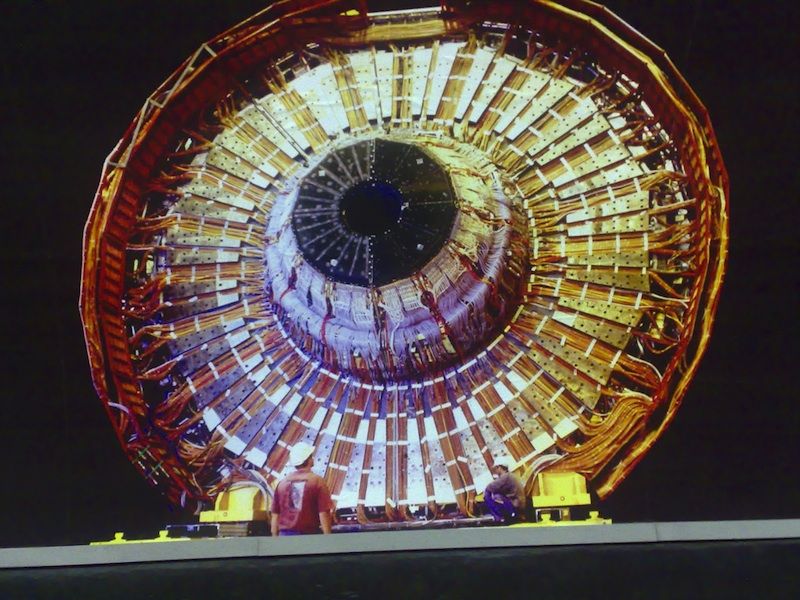People with a family history of some inheritable diseases like cystic fibrosis can now be tested to see if they carry the genes for the condition. If neither parent has the disease, but both carry the corresponding gene or genes, the odds of having a child with the condition are higher.
Cambridge diagnostics company Good Start Genetics has partnered with Helix, a startup in California, to bring its genetic tests to a bigger market.
People with a family history of some inheritable diseases like cystic fibrosis can now be tested to see if they carry the genes for the condition. If neither parent has the disease, but both carry the corresponding gene or genes, the odds of having a child with the condition are higher.
Good Start is among the companies that specializes in such “carrier testing” and sells tests for 23 diseases, including cystic fibrosis and spinal muscular atrophy.







